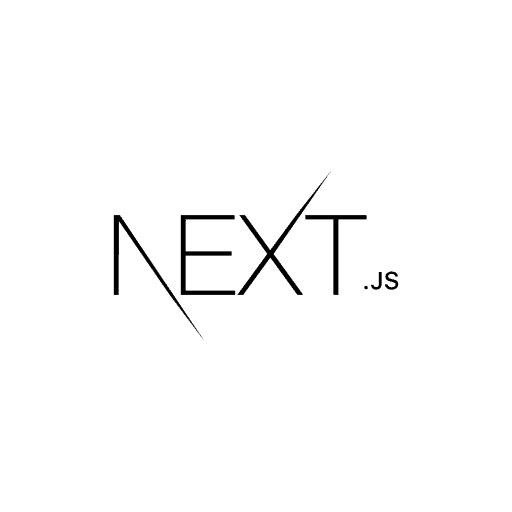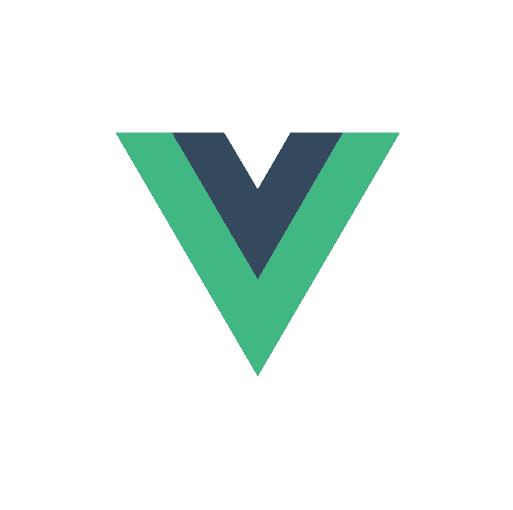"Cloud computing is often far more secure than traditional computing because companies like Google and Amazon can attract and retain cybersecurity personnel of a higher quality than many governmental agencies."
Cloud computing has emerged as a transformative force in the digital era, revolutionizing the way organizations access, store, and manage data and applications. By leveraging cloud technologies, businesses can achieve scalability, flexibility, and cost-efficiency while driving innovation and accelerating digital transformation initiatives. At Sendan Technology, we recognize the power of cloud computing and are committed to helping organizations harness its full potential. Let's explore the world of cloud computing, its key concepts, benefits, and implications for businesses and individuals.
Understanding Cloud Computing
Cloud computing refers to the delivery of computing services, including servers, storage, databases, networking, software, and analytics, over the internet on a pay-as-you-go basis. Instead of owning and maintaining physical infrastructure, organizations can access cloud services from cloud service providers, such as Amazon Web Services (AWS), Microsoft Azure, and Google Cloud Platform (GCP), to meet their computing needs.
Key Concepts of Cloud Computing
1. Service Models: Cloud computing offers three primary service models: Infrastructure as a Service (IaaS), Platform as a Service (PaaS), and Software as a Service (SaaS). IaaS provides virtualized computing resources, such as virtual machines and storage, allowing organizations to deploy and manage their applications and workloads. PaaS offers a platform for developing, deploying, and managing applications without the complexity of infrastructure management. SaaS delivers software applications over the internet on a subscription basis, eliminating the need for installation and maintenance.
2. Deployment Models: Cloud computing offers several deployment models, including public cloud, private cloud, hybrid cloud, and multi-cloud. Public cloud services are hosted and managed by cloud service providers and shared among multiple customers. Private cloud services are dedicated to a single organization and can be hosted on-premises or in a third-party data center. Hybrid cloud combines public and private cloud environments, allowing organizations to leverage the benefits of both. Multi-cloud involves using multiple cloud service providers to meet different business needs and avoid vendor lock-in.
3. Scalability and Elasticity: Cloud computing enables organizations to scale their computing resources up or down based on demand, allowing them to meet fluctuating workload requirements efficiently. Scalability refers to the ability to increase or decrease resources as needed, while elasticity refers to the ability to automatically provision and deprovision resources in response to changes in demand.
Benefits of Cloud Computing
1. Cost-Efficiency: Cloud computing eliminates the need for upfront capital investment in hardware and infrastructure, allowing organizations to pay only for the resources they consume on a pay-as-you-go basis. This pay-per-use model reduces IT costs and enables organizations to allocate resources more efficiently.
2. Scalability and Flexibility: Cloud computing offers unparalleled scalability and flexibility, allowing organizations to scale resources up or down based on demand, deploy new applications and services quickly, and adapt to changing business requirements.
3. Agility and Innovation: Cloud computing enables rapid deployment and experimentation, empowering organizations to innovate faster, bring new products and services to market more quickly, and respond to customer needs and market trends more effectively.
Implications of Cloud Computing
1. Security and Compliance: While cloud computing offers many benefits, security and compliance remain top concerns for organizations considering cloud adoption. Organizations must implement robust security measures, encryption protocols, access controls, and compliance frameworks to protect sensitive data and ensure regulatory compliance.
2. Data Sovereignty and Privacy: Cloud computing raises concerns about data sovereignty and privacy, particularly when data is stored or processed across multiple jurisdictions. Organizations must understand the legal and regulatory requirements governing data residency, data protection, and cross-border data transfers and ensure compliance with applicable laws and regulations.
3. Vendor Lock-In: Vendor lock-in is a potential risk associated with cloud computing, where organizations become dependent on a single cloud service provider for their computing needs. To mitigate this risk, organizations should adopt multi-cloud or hybrid cloud strategies, leverage open standards and interoperability frameworks, and negotiate flexible contracts with cloud service providers.
Conclusion
Cloud computing is reshaping the digital landscape, empowering organizations to innovate, scale, and compete more effectively in today's fast-paced business environment. By embracing cloud technologies, organizations can achieve cost-efficiency, scalability, and agility while unlocking new opportunities for growth and innovation. At Sendan Technology, we are committed to helping organizations navigate the complexities of cloud computing, maximize the benefits of cloud adoption, and achieve their strategic objectives in the digital age. Together, let's harness the power of cloud computing to drive innovation, accelerate digital transformation, and shape a brighter future for all.


















